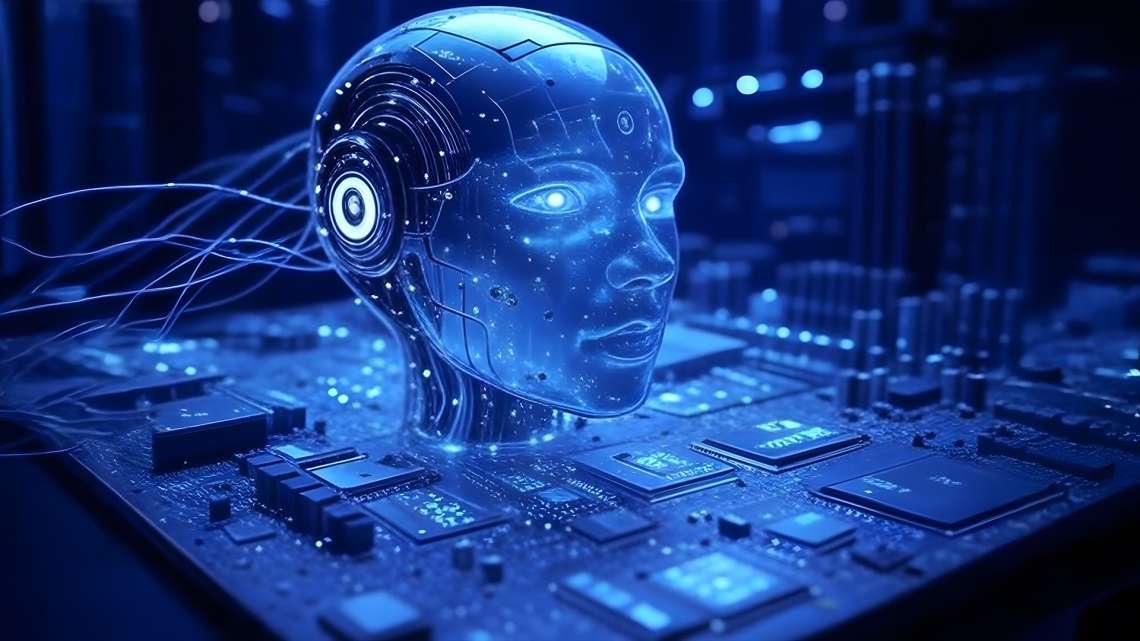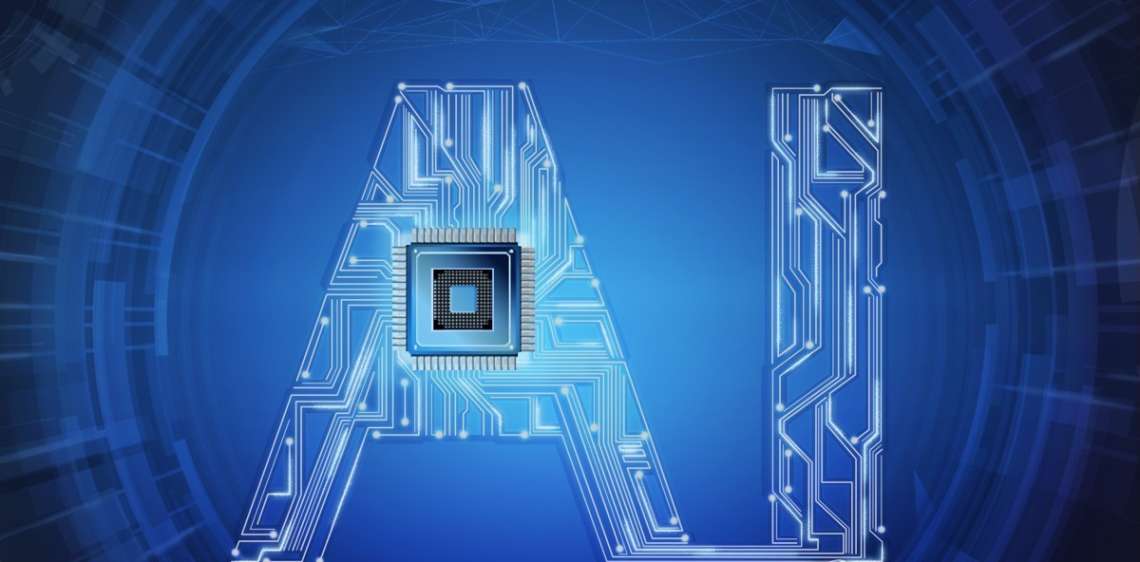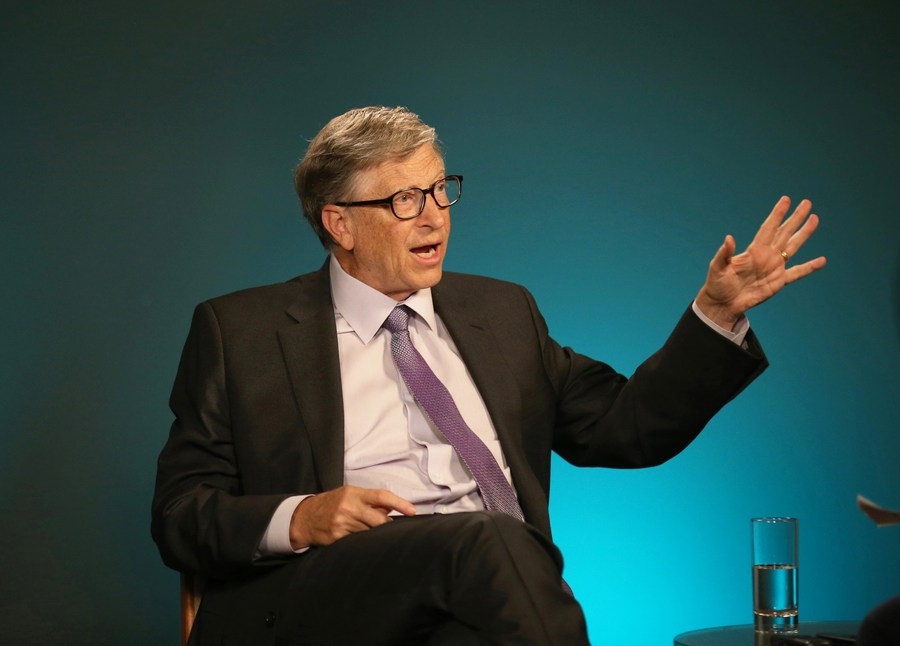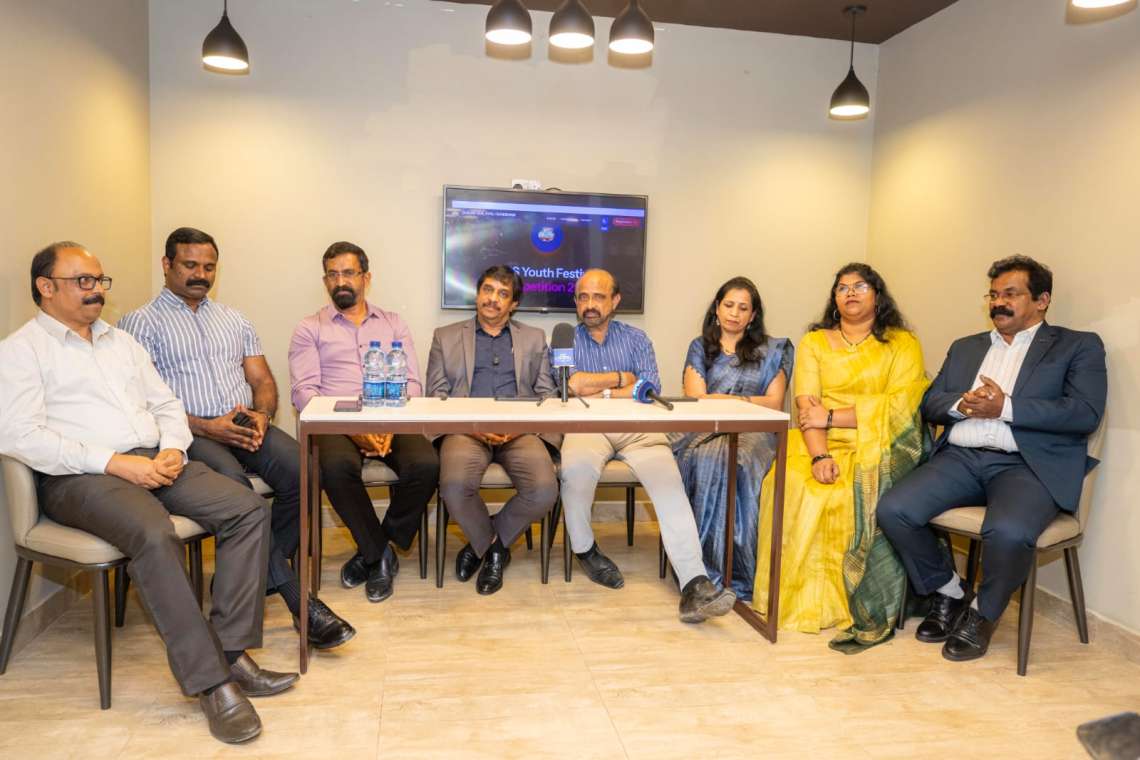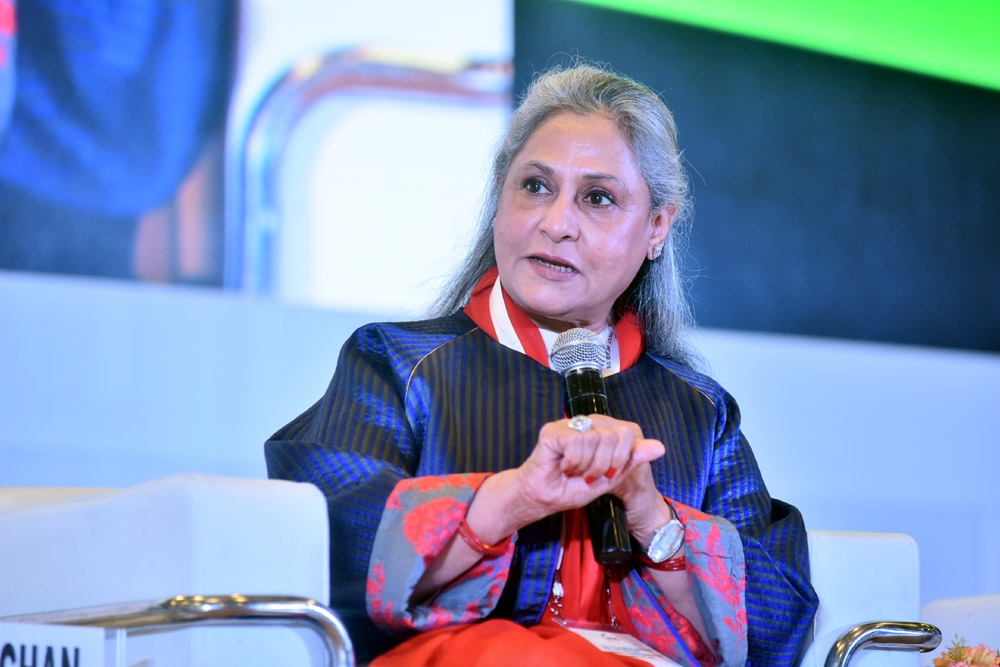Upskilling is emerging as a critical focus, with 51 per cent of leaders naming it their top priority. Around 63 per cent of managers expect AI training to become a core team responsibility within five years
India is rapidly moving into an AI-first era as organisations and workers across the country embrace artificial intelligence not merely as a tool but as a partner in transformation. A pair of new reports highlight how both frontier firms and employees are reimagining the future of work, signalling a cultural shift rooted in speed, precision, and continuous learning.
According to Microsoft’s 2025 Work Trend Index, 59 per cent of Indian business leaders are already using AI agents to automate workstreams or business processes across entire teams. Nearly 93 per cent intend to deploy AI agents within the next 12 to 18 months, not only to extend workforce capabilities but also to redesign operations around human-agent collaboration. Puneet Chandok, President of Microsoft India and South Asia, said the country is embedding AI “into the fabric of everyday work—leveraging its speed, precision, and 24/7 availability to drive meaningful transformation.”
The report reveals that 90 per cent of Indian leaders consider 2025 a pivotal year to rethink core strategies and operations—the highest level of urgency recorded globally. While 64 per cent are prioritising productivity gains, nearly all are confident AI will expand workforce capacity in the coming year. This evolution is accompanied by the creation of new roles such as AI workflow designers, software operators, and agent bosses. More than 90 per cent of leaders are considering AI-specific positions, while 57 per cent expect multi-agent systems to automate complex tasks.
Upskilling is emerging as a critical focus, with 51 per cent of leaders naming it their top priority. Around 63 per cent of managers expect AI training to become a core team responsibility within five years. Himani Agrawal, COO of Microsoft India and South Asia, said the shift is more than technological: “Today, we’re not just leading businesses—we’re leading them with AI. This isn’t a simple tech upgrade; it’s a cultural transformation rooted in continuous learning, application, refinement, and scale.”
Parallel findings from a survey by job site Indeed reveal how the workforce itself views this transformation. Nearly 43 per cent of Indian workers say they are confident in adopting generative and agentic AI within the next two to five years. Interestingly, mid-career professionals aged 35 to 54 show the highest readiness, with 49 per cent reporting confidence compared with 41 per cent of younger peers aged 18 to 24.
Workers see AI as more than a productivity booster; they view it as a skill that can unlock higher pay, promotions, and career growth. Fifty-six per cent of mid-career professionals are seeking more training to remain competitive, while a third of workers worry about job security if they fail to adapt. The survey also shows that 34 per cent of respondents expect to use generative AI tools frequently in the near future, while a quarter anticipate adopting agentic AI systems capable of autonomously completing complex tasks.
Sashi Kumar, Head of Sales at Indeed India, said the shift signals the beginning of a transformation: “Mid-career professionals are actively seeking upskilling opportunities in AI to master it. The rise in interest around agentic AI shows that job seekers are not just responding to change, but leading it.” Even among blue-collar workers, 20 per cent are already using generative AI for tasks such as paperwork and customer service.
Together, the two reports underscore India’s readiness to lead in the AI-powered future. With frontier firms redesigning work and employees eager to embrace change, the country is laying the foundation for a workforce that treats AI as both a thought partner and a driver of opportunity

